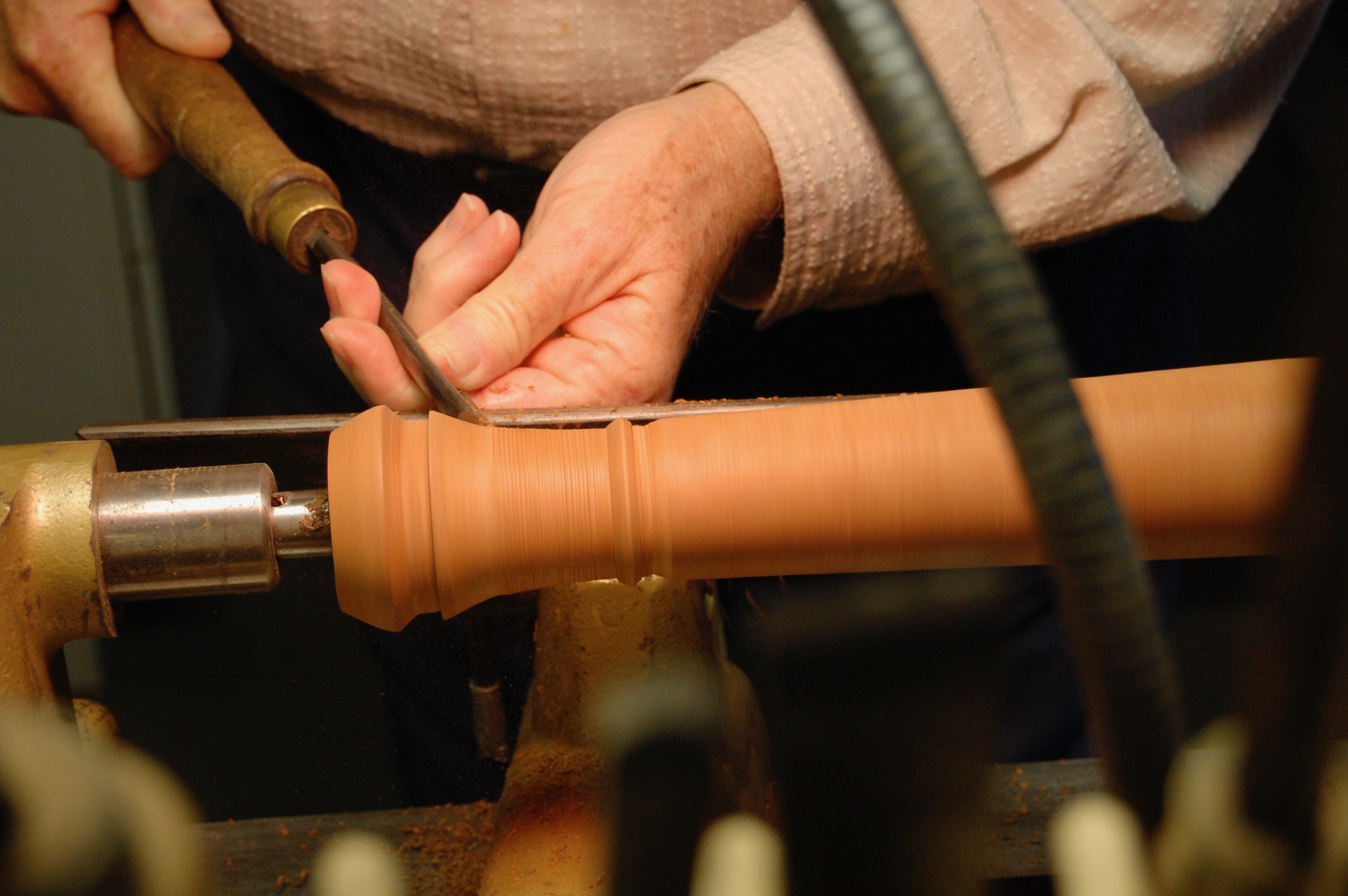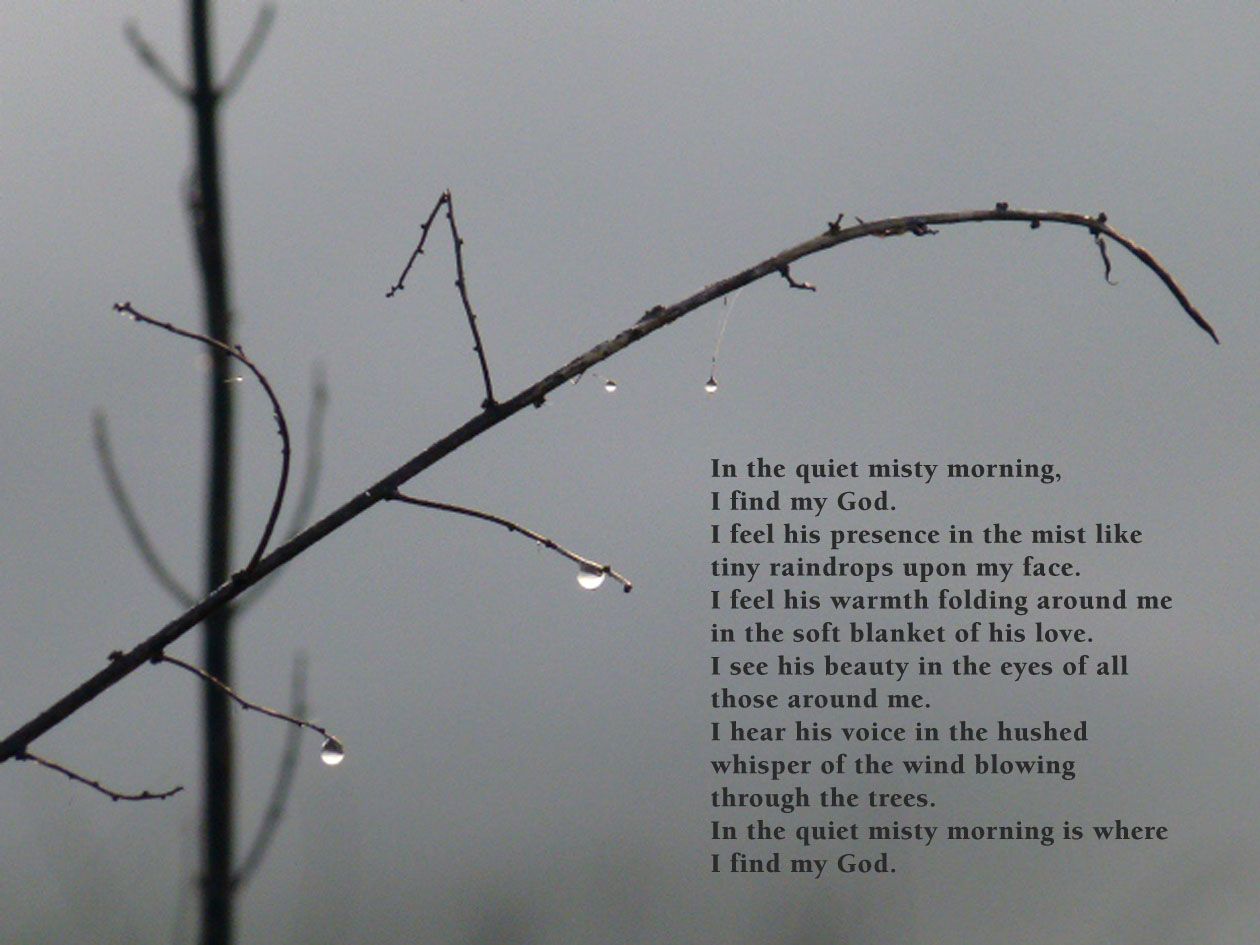If you are afraid of something, you give it power over you. Moroccan Saying
One intriguing fact of life is how we can envelop ourselves in failure by trying to avoid it. We’ve heard that fear is right up there with love in its intensity and all-consuming effects. And the Lemurian Philosophy goes so far as to state that fear is our most powerful emotion, and that fear attracts its object. But such fear has to be experienced before we can fully understand its power and avoid drawing such negativity into our lives.
I discovered this one day when I was working alone in our crafts shop, finishing a wooden pedestal for a music stand. We had been advised that a reporter from our local paper was visiting Gateway to gather information for an article she was writing about the Lemurian Fellowship. I wanted to be working on this pedestal so, if she asked, I could tell her what I was doing and answer any questions she might have. But anxiety was building as I concentrated on my work more than usual, hoping not to make a mistake. But evidently, the hope that I wouldn’t wasn’t as strong as the fear that I would!

Very slowly, I routed out three equal-length groves in the bottom of the pedestal where the legs would be attached. As I heard voices announcing that the visitor and members of the staff were approaching, I glanced down at one of the cut groves, only to notice it was a half-inch longer than required! Anxiety was replaced by panic! How could I have made this simple, stupid mistake when I focused such time and attention on getting it done right? But there was no time to address this question as I tried to recover my composure and attend to our visitor as the group arrived. Somehow, I did, answering the few questions she asked.
Only in reliving this experience later did I realize that my intense concern about making a mistake actually created that very mistake. And as if this discovery was not devastating enough, I made another equally as important . . . my concern was focused not only on avoiding a mistake, but also on how any mistake would reflect on me. So instead of providing an interesting and informative experience for our visitor to enhance what she might write about the Lemurian Crafts, I was worried mostly about myself.
I relive these lessons many times, hoping their message is slowly being absorbed. I try to envision what I want in my crafts work and my life, and think less and less about what I don’t want. I know that fear attracts its object, but so do confidence, hope, and love!

